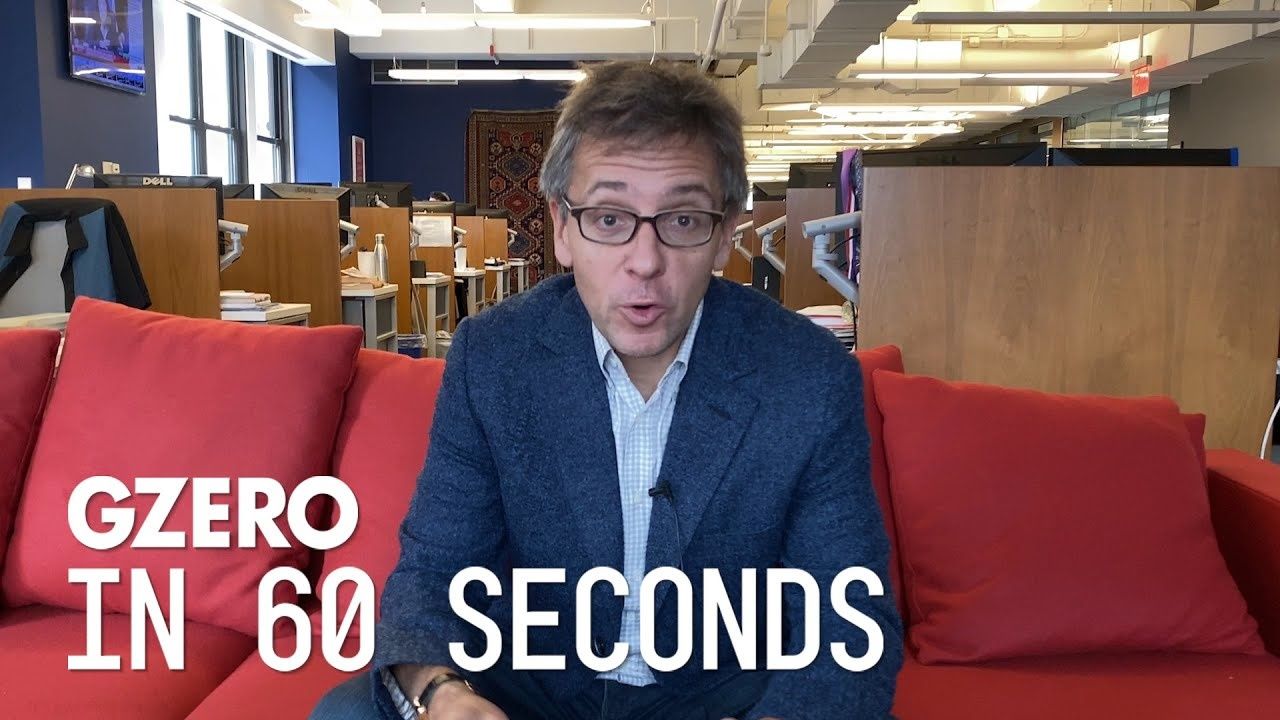
Do the protests happening globally share anything in common?
Yeah, people are angry, yeah. But what else do they have in common? Well, I mean, the fact that the world economy is getting softer means that people aren't going to be expecting as much from their governments. And there's an awful lot of sense that governing leaders are not getting it done for them. That across the board, almost every country that you see major demonstrations right now, not only are the popularity of leaders very low, but the average individual is saying, the middle class and the working class, is saying "these people do not represent me." In numbers that are historic in places like Chile and Ecuador and Bolivia and Lebanon and in other countries around the world. Also not seeing many in Asia because the economy's doing better and because the governments tend to be a little bit stronger.
Does Cristina Kirchner have more power than her new V.P. title in Argentina suggests?
Certainly does. Not necessarily to get policy done, but certainly to threaten to upset the apple cart if she doesn't like the way the new Fernandez government is going to be going. So I say she more veto power than she has legislative power.
How long will the Turkish-Russian agreement regarding Northern Syria last?
Probably not all that long in the sense that deconfliction with the Kurds is going to continue to be an issue. Keep in mind, that Turkey considers this group to be a terrorist organization. The Russians are now allied with them. That's not easy in a place that there are not all that many troops maintaining authority and where the border is poorly policed.